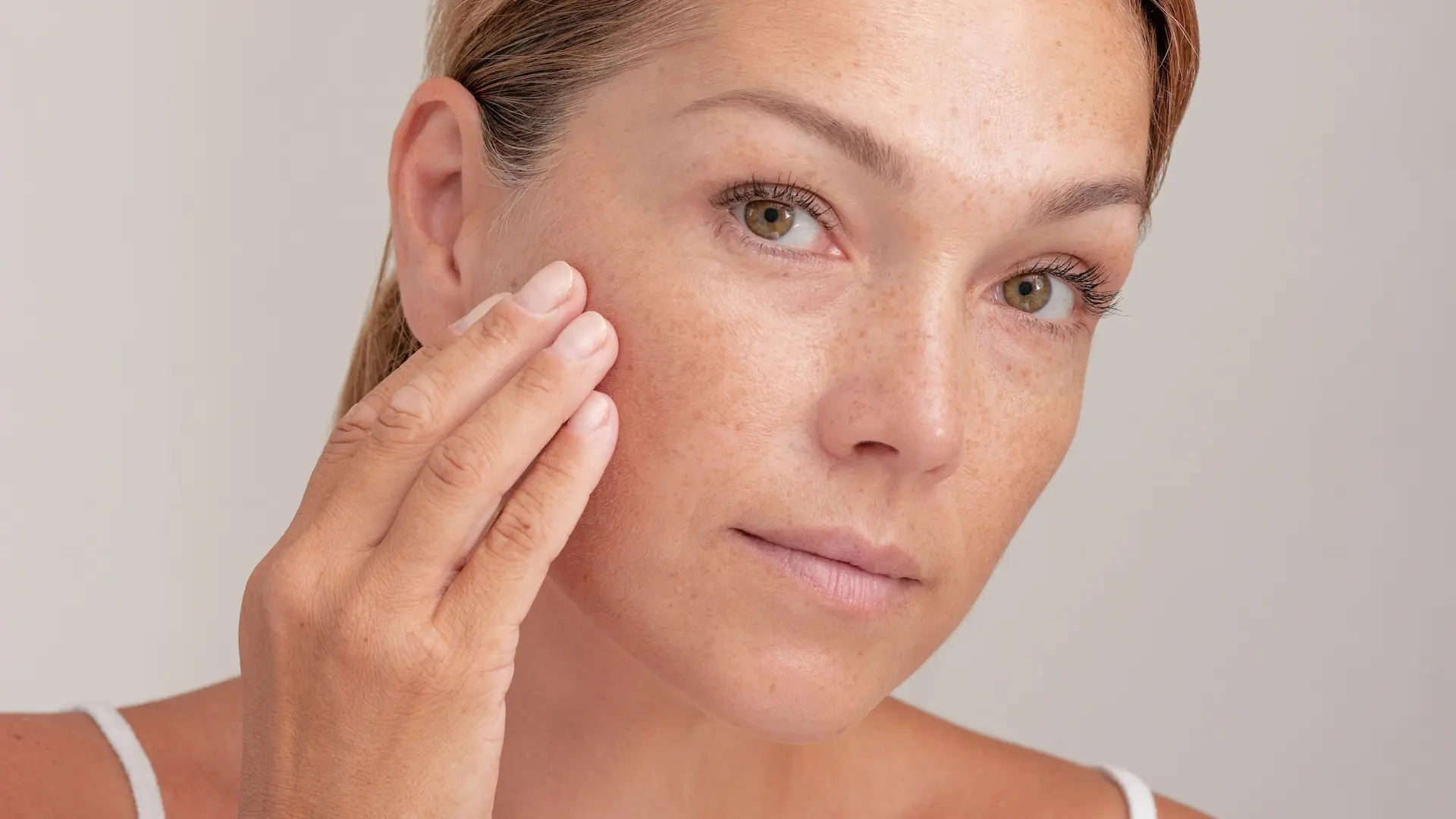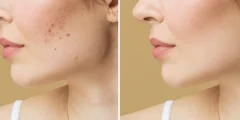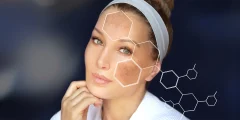Introduction
Skin damage treatments are essential for repairing the effects of sun exposure, pollution, aging, and poor lifestyle habits. Without the right skin damage treatments, the skin can lose its natural glow, develop pigmentation, and show signs of premature aging. In this complete guide, we’ll cover the most effective skin damage treatments, from medical procedures to natural remedies, and explain how to choose the best option for your skin type.
1. Medical Treatments for Skin Damage
-
Chemical Peels – remove dead skin cells and treat pigmentation.
According to Mayo Clinic, chemical peels can effectively improve skin texture and reduce pigmentation. -
Laser Therapy – reduces scars, wrinkles, and sun damage.
WebMD explains that laser skin treatments are often used to reduce scars, wrinkles, and sun-related skin damage. -
Microneedling – stimulates collagen for smoother texture.
As highlighted by Healthline, microneedling boosts collagen production, helping repair skin damaged by acne or aging. -
Prescription Creams – retinoids and hydroquinone for cell renewal and pigmentation.
2. Cosmetic and Over-the-Counter Treatments
-
Moisturizers and Serums (hyaluronic acid, vitamin C).
-
Sunscreen (SPF 30+ broad spectrum).
-
Exfoliation Products (AHAs & BHAs for smoother, clearer skin).
3. At-Home & Natural Remedies
-
Aloe Vera – soothes inflammation.
-
Honey – moisturizes and repairs.
-
Coconut Oil – restores skin barrier.
Read Also : Laser Skin Damage Treatments: Benefits, Risks, and Results
4. Lifestyle Changes for Better Results
-
Stay hydrated (2 liters water daily).
-
Eat antioxidant-rich foods.
-
Avoid smoking & alcohol.
-
Get enough sleep for skin cell renewal.
Conclusion
Repairing skin damage requires a mix of medical treatments, effective skincare products, and consistent healthy habits. Whether you choose advanced treatments like laser or natural solutions like aloe vera, the key to success is consistency. Always consult a dermatologist for personalized advice. For additional tips, you can also check American Academy of Dermatology’s Skin Care Advice.




